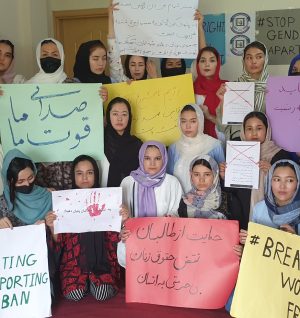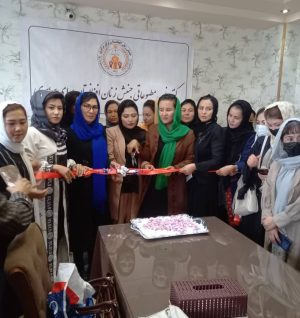
Jade-abresham: It is clear to the readers of the Silk Road weekly that with the rise of the Taliban, institutions and media activists were one of the first groups to lose the opportunity to work and live in Afghanistan.
More than 40% of media outlets in Afghanistan have reportedly been closed. Reporters Without Borders reports that 6,400 media activists have lost their jobs in the past five months, and many have fled the country. During the same period, 80% of female journalists lost their jobs.
In addition, the media that are still active face a more serious problem: censorship and restrictions by the Taliban. The Taliban not only raided media studios, but are now also conducting house-to-house raids on media activists. This, in itself, indicates that it is no longer possible to operate freely in Afghanistan. Many media activists resort to self-censorship and removal of their work profiles from social media because of the threats they receive from the Taliban, and live in secret.
In such a suffocating situation, the Silk Road weekly, like many other print media, was out of print and had unintended interruptions. Now that there is an unstable possibility for activity, we want to be a voice in exile. Although access to information is very limited, we try not to give up and provide responsible information.










Add Comment